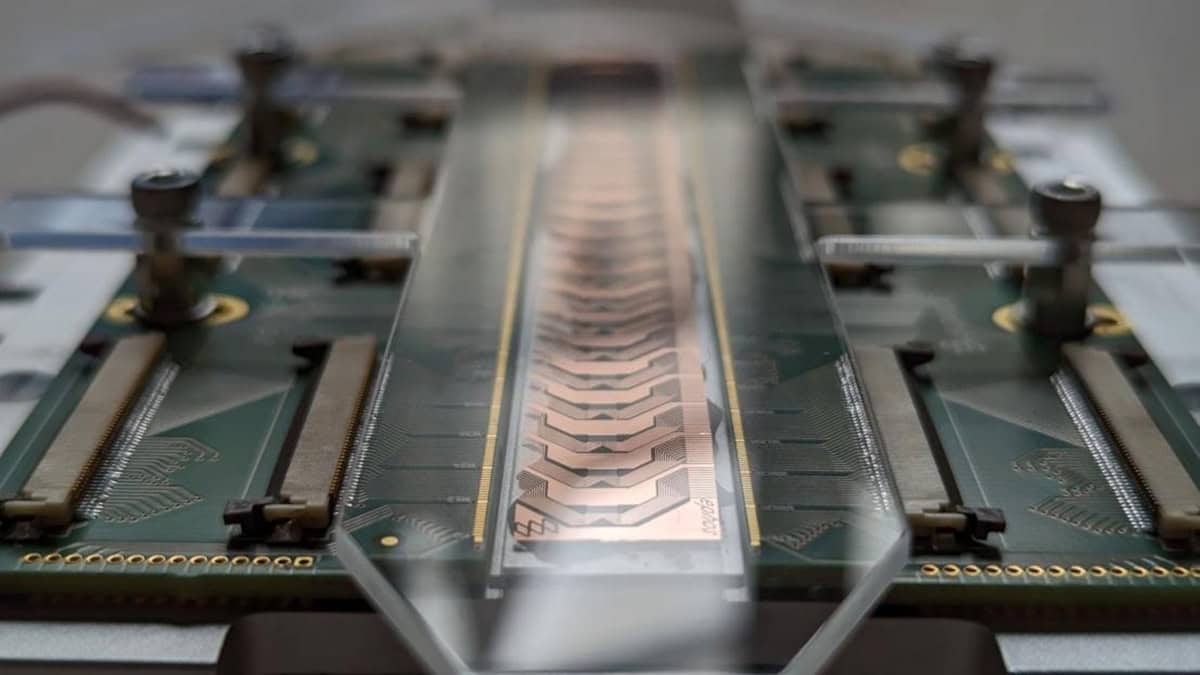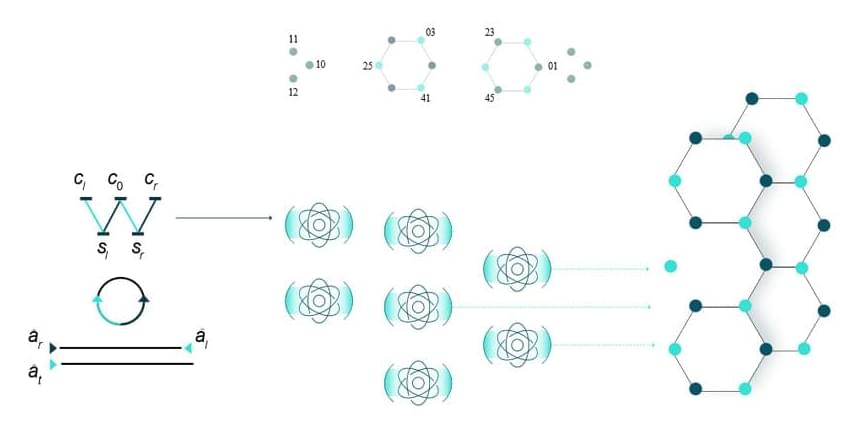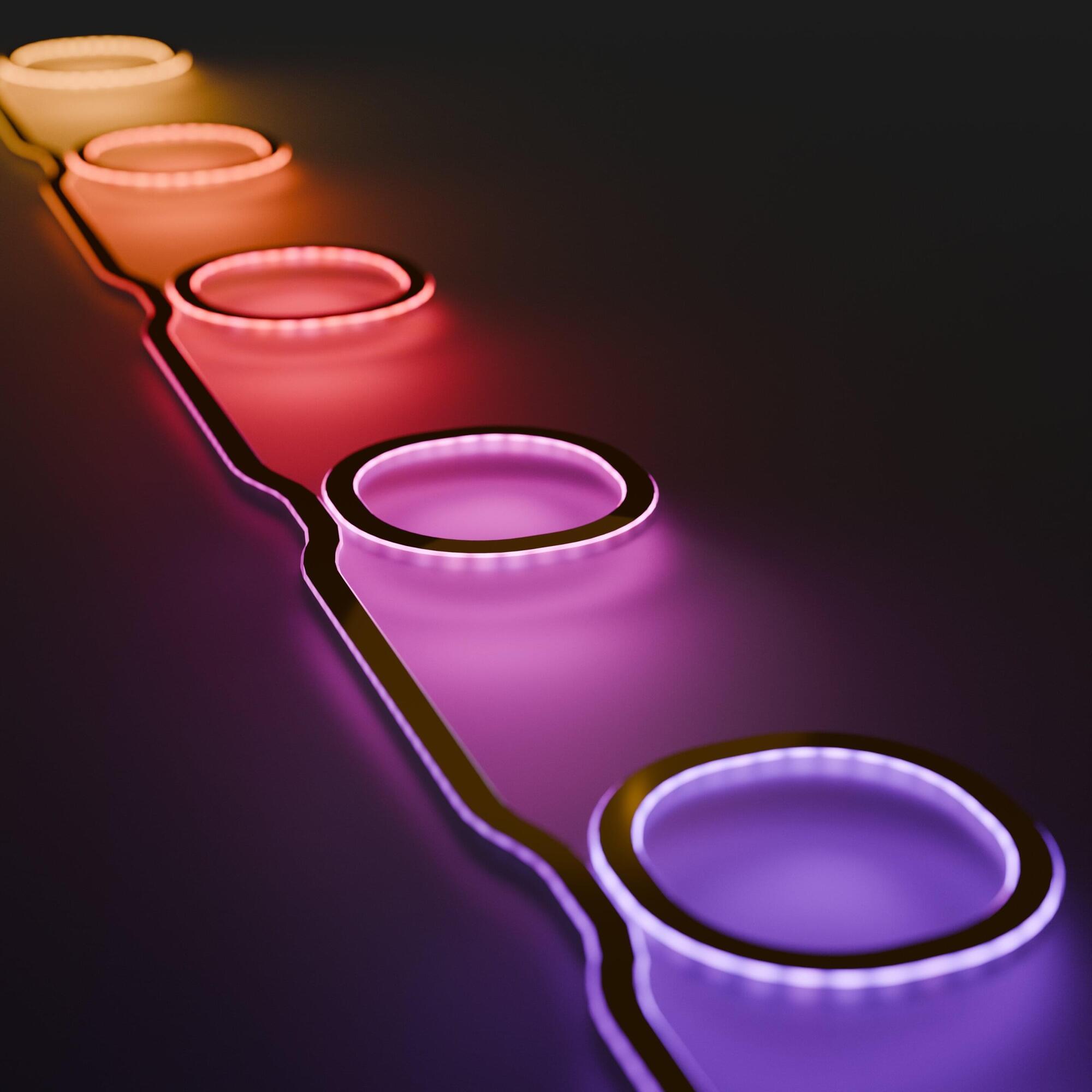European researchers are developing quantum computers using light and glass, in a collaboration that promises breakthroughs in computing power, battery technology and scientific discovery.



From a brain chip that enabled a paralyzed patient to move his hand to a Pentagon-sponsored technology designed to restore memories, several exciting technologies have been announced recently that could advance the field of neurology. Here are 10 examples.
Ray Kurzweil, the director of engineering at Google, has claimed that in just over 30 years, humans will be able to upload their entire minds to computers and become ‘digitally immortal’.

“This gives us evidence that the goal of vision is to establish a 3D understanding of an object,” said study senior author Ilker Yildirim, an assistant professor of psychology in Yale’s Faculty of Arts and Sciences.
“When you open your eyes, you see 3D scenes — the brain’s visual system is able to construct a 3D understanding from a stripped-down 2D view.”
Researchers have dubbed this process “inverse graphics,” describing how the brain’s visual processing system works like a computer graphics process, but in reverse, from a 2D image through a less view-dependent “2.5D” intermediate representation, and up to a much more view-tolerant 3D object.

For decades, ferromagnetic materials have driven technologies like magnetic hard drives, magnetic random access memories and oscillators. But antiferromagnetic materials, if only they could be harnessed, hold out even greater promise: ultra-fast information transfer and communications at much higher frequencies—a “holy grail” for physicists.

We develop a general framework based on the functional derivative to extract nonlinear dynamical response functions from the temporal evolution of physical quantities, without explicitly computing multipoint correlation functions. We validate our approach by calculating the second-and third-order optical responses in the Rice—Mele model and further apply it to a many-body interacting system using a tensor network method. This framework is broadly applicable to any method that can compute real-time dynamics, offering a powerful and versatile tool for investigating nonlinear responses in dynamical systems.

Your days of being frustrated by a sluggish smartphone or laptop could be coming to an end: scientists have discovered a new technique for controlling electronic states in quantum materials that could eventually make our gadgets up to 1,000 times faster.
Quantum materials are those that display strange behaviors and properties governed by quantum mechanics. They provide a glimpse into a separate realm of physics, where the standard laws don’t apply.
Here, researchers from institutions across the US manipulated the temperature of a layered quantum material called 1T-TaS₂, enabling it to instantly shift between two opposite electronic phases: insulation and conduction. That ability to block or allow the flow of electricity is key to how transistors in computer chips work.



Researchers at the Harvard John A. Paulson School of Engineering and Applied Sciences (SEAS) and Technical University of Vienna (TU Wien) have invented a new type of tunable semiconductor laser that combines the best attributes of today’s most advanced laser products, demonstrating smooth, reliable, wide-range wavelength tuning in a simple, chip-sized design.
Tunable lasers, or lasers whose light output wavelengths can be changed and controlled, are integral to many technologies, from high-speed telecommunications to medical diagnostics to safety inspections of gas pipelines.
Yet laser technology faces many trade-offs—for example, lasers that emit across a wide range of wavelengths, or colors, sacrifice the accuracy of each color. But lasers that can precisely tune to many colors get complicated and expensive because they commonly require moving parts.